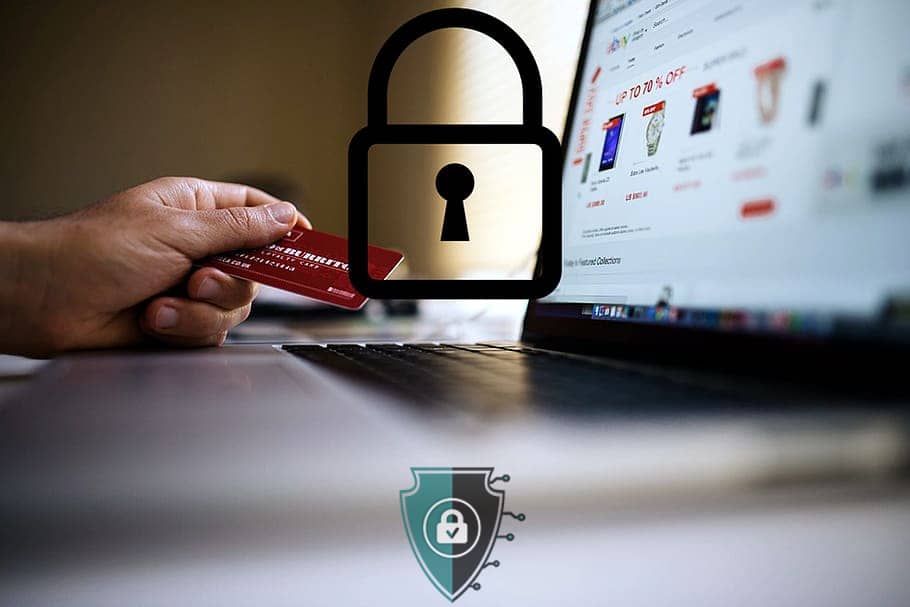Your cart is currently empty!
Tag: Backup Your Website

Best Practices for Securing Your eCommerce Website
Securing an eCommerce website is of utmost importance to protect both your business and your customers’ sensitive information. Implementing the best practices for website security not only safeguards your online store but also builds trust among your customers. In this article, we will explore the essential practices you should follow to ensure the security of your eCommerce website.
- Use a Reliable eCommerce Platform: Choose a reputable and secure eCommerce platform that prioritizes website security. Platforms like Shopify, Magento, or WooCommerce offer robust security features, regular updates, and ongoing support to keep your website protected against potential vulnerabilities.
- Implement SSL Encryption: Secure Sockets Layer (SSL) encryption is crucial for establishing a secure connection between your eCommerce website and your customers’ browsers. By encrypting data during transmission, SSL protects sensitive information, such as credit card details, from interception by unauthorized parties. This not only safeguards your customers but also boosts their confidence in making online purchases. Choose your ssl from here.
- Regularly Update and Patch Your Website: Keep your eCommerce platform, plugins, themes, and other software up to date. Developers frequently release security patches and updates to address potential vulnerabilities. By regularly updating your website, you ensure that known security issues are resolved, reducing the risk of exploitation by hackers.
- Implement Strong User Authentication: Enforce strong passwords for all user accounts, including administrators, staff members, and customers. Encourage the use of unique, complex passwords that combine upper and lower case letters, numbers, and special characters. Additionally, consider implementing two-factor authentication (2FA) for added security, requiring users to provide a second form of verification, such as a temporary code sent to their mobile device.
- Regularly Backup Your Website: Create regular backups of your eCommerce website to protect against data loss due to hacking, server failures, or accidental errors. Store backups securely in an off-site location or utilize cloud-based backup services. Regular backups ensure that you can quickly restore your website to its previous state in case of any security incidents or technical issues. Buy CodeGuard Backup Solutions Now
- Utilize Website Security Tools: Employ reputable security tools and plugins specifically designed for eCommerce websites. These tools can help detect and prevent common security threats, such as malware injections, hacking attempts, or unauthorized access. Examples of security tools include SiteLock, Wordfence, or Sucuri. Regularly scan your website for vulnerabilities and malware, and take immediate action if any issues are detected.
- Monitor for Suspicious Activities: Implement a robust monitoring system to keep track of any suspicious activities on your eCommerce website. Monitor your server logs, user activities, and website traffic to identify potential security breaches. Look out for signs of unauthorized access attempts, unusual account behaviors, or suspicious transactions. Early detection can help mitigate risks and prevent further damage.
- Educate Your Team and Customers: Invest in educating your team and customers about online security best practices. Train your staff to recognize and report potential security threats promptly. Educate your customers about the importance of creating strong passwords, avoiding phishing scams, and practicing safe online shopping habits. This collaborative effort enhances overall security awareness and minimizes potential risks.
Securing your eCommerce website is vital to protect your business, customer data, and reputation. By implementing these best practices, you can establish a strong security foundation for your online store. Remember to regularly update and patch your website, use SSL encryption, enforce strong authentication measures, and invest in reliable security tools. By prioritizing website security, you can build trust among your customers and ensure a safe and secure shopping experience.